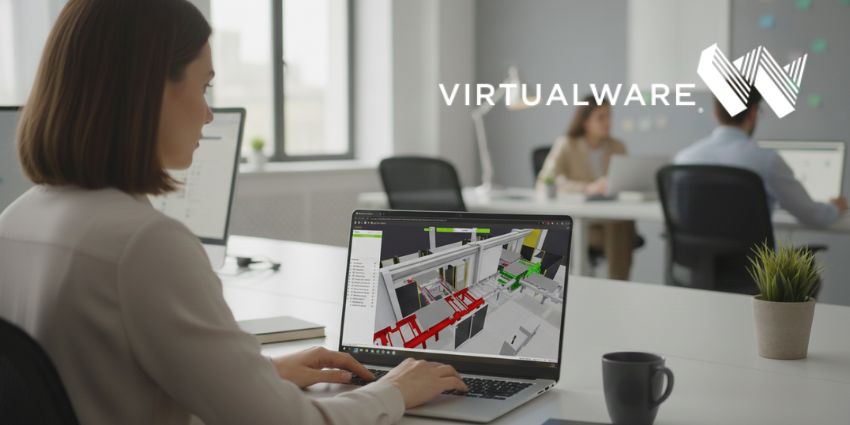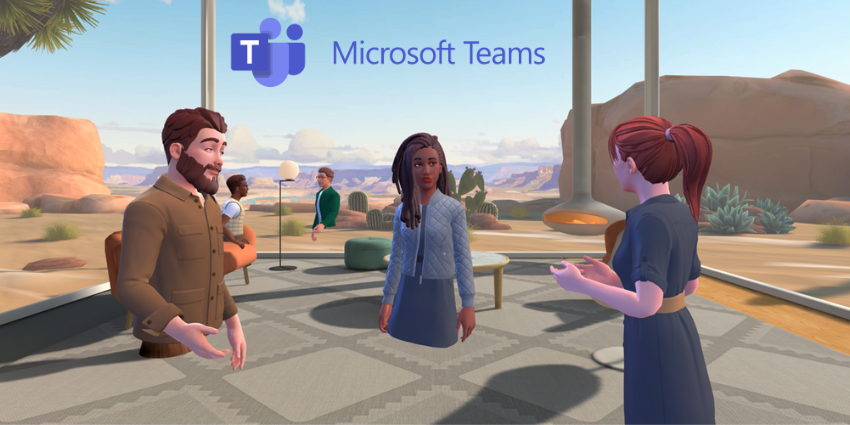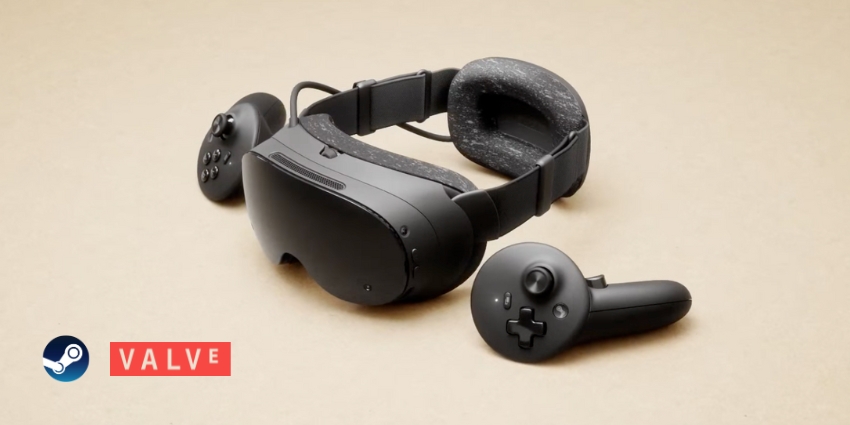This month, the NHS took another leap in its XR journey. Utilising its already deep relationship with immersive technology, the healthcare organisation recently leveraged XR at its Herefordshire and Worcestershire divisions to improve patient health outcomes.
To successfully pilot its XR initiative, the NHS worked with its Co-Lab programme, a digital innovation Hub at Kidderminster Hospital and Treatment Center, which the NHS established to promote discussion, learning, and adoption of emerging digital healthcare solutions.
In its pilot, the NHS provided Herefordshire and Worcestershire nurses with VR headsets that patients can wear during procedures that cause stress.
The VR experiences play immersive, relaxing sounds and visuals to de-escalate stress and anxiety before a procedure. Moreover, the solutions assist healthcare workers in improving outcomes and efficiency by reducing the amount of time it takes for procedures to take place – particularly notable for young children.
NHS Nurse Speaks on First-Hand VR Experience
The immersive solution underwent a short-term programme pilot at Kidderminster in collaboration with the Co-Lab Hub, with the NHS providing VR headsets on a free trial to the region’s nurses.
One of those who got hands-on with the VR solution was Dawn Forbes, a Children & Young People Oncology Nurse Specialist, who used the immersive pre-procedure service to calm patients, including young children.
The Specialist noted that the outcomes were “simply amazing to observe.” Forbes also explained that the VR solution “ended up being an extremely positive experience for the patient, her parents, and for the staff.”
Forbes also added:
This is particularly important for a young person who could be about to start a cancer journey which comes with so many potentially distressing procedures in the future.
Additionally, Forbes’ focus on younger patients means that her team feels the time pressure of stressful procedures.
Forbes explained that by using the VR device, doctors can quickly perform procedures that previously may have slowed down outcomes due to patient and guardian stress.
Forbes noted:
I had a patient who had just been told she has a potential malignancy, and we needed to insert a cannula for blood sampling and for her MRI. As you can imagine, It was an upsetting time for the child and parents. Add to this, the child was also ‘needle phobic’. But, the VR device was used, and the doctor was able to quickly place a cannula without causing any pain or distress.
Successful Pilot Leads to Further Scalability
The successful pilot has led NHS decision-makers to recognise the potential benefits of XR solutions across its nationwide workforce.
Following XR’s success during the Kidderminster pilot, the NHS is approving four more VR headsets for permanent use at its Worcestershire Acute Hospitals NHS Trust site. Moreover, the Worcestershire Acute Hospitals Charity is assisting with funding for the VR hardware scaling initiative.
The NHS Kidderminster pilot is an excellent example of scaling considerations. The firm thoughtfully deployed a lo-risk pilot procedure that clearly displayed positive ROI outcomes.
Trial operations for enterprise XR services can help organisations understand how the technology will disrupt a business, for better or worse so that the company can react to the changes.
End-users can only successfully deploy immersive devices at-scale with a clear plan of action made up of integration methods which show decision-makers the benefits and value of XR, as seen with the Kidderminster pilot, which can lead to increased funding and support.
In a recent study, immersive mobile device management firm, ManageXR states that a pilot program can “provide a blueprint for scale.” End-users can also leverage data from a pilot to lay out a benchmark and demonstrate success to decision-makers.
More on NHS Co-Lab
The Co-Lab Digital Innovation Hub is a collaboration space where NHS members can discuss the presence of emerging healthcare technologies.
The NHS Integrated Care System (ICS) assists in running the Co-Lab to promote hospital-based Innovation for healthcare professionals across the UK.
Mike Emery, the Founding CIO of Co-Lab, explained that the space brings “clinicians and local entrepreneurs together to try and focus on potential solutions for the health and care sector in the future.”
Moreover, Emery noted:
Also, importantly [the Co-Lab] show[s] young people about some of the opportunities that they can see around using new technologies so it’s a really really exciting place.
Co-Lab is cementing its goals, like improving smartphone services and leveraging XR to reduce health inequalities by developing digital solutions to enhance the delivery of patient care.
Co-Lab is innovating healthcare technology to support unequal and unfair access to patient services. The group is leveraging its wide range of technologies to lower the barrier to healthcare services.
Regarding XR, the Co-Lab researches immersive solutions like headsets and virtual worlds. Moreover, the group is also leveraging technology like 5G and automation to improve patient outcomes.







